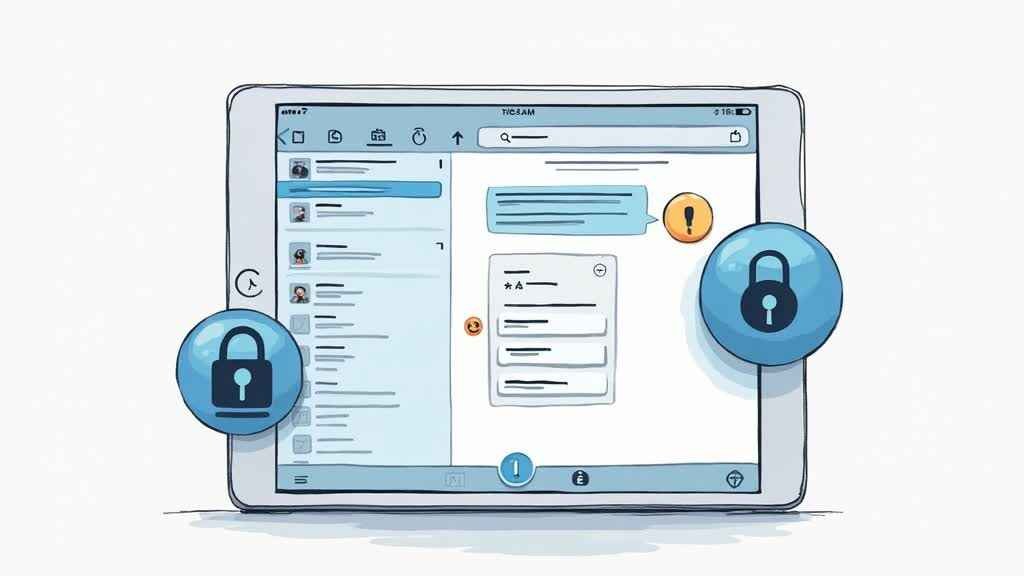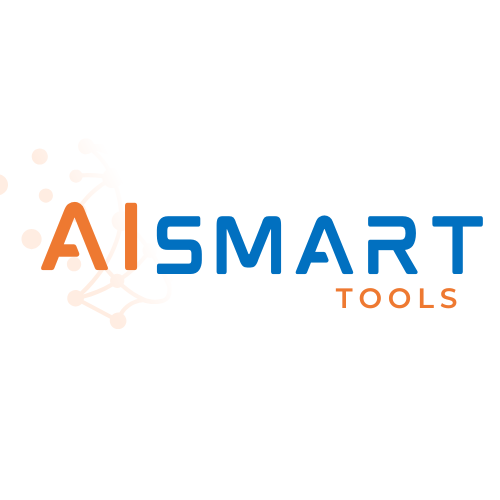Think your data is safe in the cloud? Think again. As AI grows smarter, so do the risks—and most platforms are still treating your privacy like a tradeable asset. But not iPadOS. With its bold approach to iPadOS AI privacy, Apple is rewriting the rules. Ready to find out how your iPad protects your data without ever uploading it? This article pulls back the curtain on Apple’s most underrated weapon.
Why Cloud-Based Privacy Is a Trap (And You’ve Been Fooled)
Let’s cut through the noise: cloud-based privacy is a myth. When your data travels to the cloud, it’s no longer yours—no matter how many “end-to-end encryption” badges they throw at you. If you’re still trusting third-party servers with your personal data, you’re playing right into the hands of companies profiting off surveillance capitalism.
iPadOS AI privacy flips that script by keeping your data where it belongs—on your device, under your control. Apple isn’t perfect, but with iPadOS, they’ve pioneered something the competition hasn’t dared to touch: on-device artificial intelligence that respects your privacy.
Apple’s On-Device AI: The Privacy-First Revolution
No Data Uploads = No Exposure
Apple’s Neural Engine isn’t just a buzzword—it’s the reason why iPadOS can analyze, predict, and adapt without sending anything to the cloud. Whether you’re using Face ID, Live Text, or even QuickType keyboard suggestions, all the machine learning happens locally.
Unlike Google’s Android or Microsoft’s Windows, where AI features often depend on continuous server communication, iPadOS runs powerful AI models without ever uploading your content. That’s not just technical wizardry—it’s a bold stance on privacy in an era when your data is the product.
The Neural Engine: What It Is and Why It Matters
The Neural Engine in iPads processes over 11 trillion operations per second. That’s not hype—it’s hardware working overtime to deliver smart features without the trade-off of surveillance. Think of it as a personal AI firewall, trained to serve you—not advertisers or governments.
Compare that to Android’s AI assistants, which constantly phone home to “improve your experience.” Translation: your voice, photos, habits, and messages are being harvested. Want proof? Just look at what’s happening in Apple vs Android vs Windows in the AI race. Spoiler: Apple is winning the privacy war.
Debunking the Myth: “You Need the Cloud for Smart Features”

iPadOS vs Android: Who’s Really in Control of Your Data?
Tech blogs and “experts” love to claim that cloud AI is more advanced. Nonsense. iPadOS proves you can have intelligent features without leaking your soul into cyberspace. While Android integrates AI like a surveillance system with benefits, iPadOS integrates AI like a digital bodyguard.
And let’s not forget Android’s open-door policy for third-party trackers—hundreds of apps harvesting location, habits, and even clipboard data. Apple’s App Tracking Transparency may not be perfect, but it’s light-years ahead of Android’s shrug-and-allow-everything approach.
Want to see how this plays out in real-world AI features? Check out iPad AI features that will blow your mind and notice how privacy never takes a back seat.
Siri’s Offline Intelligence: Smarter Than You Think

Yes, Siri got smarter—and quieter. With iPadOS, many Siri requests now happen completely offline, meaning your voice commands never touch Apple’s servers. From setting reminders to launching apps or sending texts, it’s handled on-device with blazing speed and zero data leakage.
That’s a sharp contrast to Google Assistant, which is deeply tethered to the cloud and your Google account. iPadOS AI privacy means you can finally use voice tech without surrendering your personal data.
The Real-World Impact: Where iPadOS Outperforms
Face Recognition That Stays Private
Face ID isn’t just secure—it’s local. The scan never leaves your iPad, and the AI doesn’t need an internet connection to know it’s you. That’s the difference between trustless encryption and “trust us, we won’t look.”
Other devices upload facial data for “training purposes”—a red flag if there ever was one. Don’t take the bait. With iPadOS, the face data lives and dies on your chip, not in someone’s data center in another country.
Live Text and Visual Lookup — Without Data Leakage
iPadOS can read, translate, and understand text in images using Live Text—all on-device. The same goes for Visual Lookup, where your iPad can identify objects, plants, or landmarks from your photos. Apple’s AI doesn’t need to “check with the cloud” to work—it simply works. Locally, privately, powerfully.
And if you’re concerned about cyber threats evolving alongside AI, here’s a must-read: Cybersecurity vs AI: How to Stay Protected in 2025. It shows how crucial on-device processing will be in the future.
External Tools That Respect Privacy (And Those That Don’t)

Use These Privacy-Friendly Apps with iPadOS AI
Using a privacy-first OS like iPadOS is a solid start—but your apps should follow suit. Many popular tools still siphon user data in the background, even on Apple devices. If you want to align your digital life with iPadOS AI privacy, switch to apps that match Apple’s local-first, surveillance-free philosophy.
Start with a password manager. While some competitors push cloud-sync by default, 1Password offers offline vaults, Face ID integration, and no sneaky trackers. It’s not just secure—it’s respectful of your autonomy.
Want a content blocker and firewall that works seamlessly with iOS and iPadOS? Lockdown Privacy is an open-source solution built by ex-Apple engineers. It blocks trackers and malicious domains at the system level, without collecting your browsing history. That’s what real privacy looks like.
CTA: Try Privacy Tools That Don’t Exploit You
Here’s your move: stop using apps that promise convenience while bleeding your data. Instead, empower your iPadOS setup with:
- 1Password for secure, private credential storage
- Lockdown Privacy for app-level tracking protection
- Built-in Apple apps like Notes, Mail, and Safari that leverage on-device AI without spying on you
Take action now. Privacy isn’t just a feature—it’s your right. Don’t leave it to chance, or worse, to cloud companies whose business model is surveillance.
Final Verdict: iPadOS Is the Real Privacy Standard
If you’re serious about protecting your data, stop pretending that cloud-based solutions are “secure enough.” They’re not. The real power move is using a platform like iPadOS that embeds AI in the hardware—not in some distant server farm that you’ll never control.
Apple’s commitment to iPadOS AI privacy isn’t perfect—but it’s light-years ahead of anything Android or Windows has offered. From offline Siri to on-device image recognition and the iron-clad Neural Engine, Apple is setting the gold standard for what digital privacy should look like in the age of artificial intelligence.
Need more evidence that the AI landscape is changing fast? Check out Is AI Making Cyber Attacks More Dangerous Than Ever? to see why it’s critical to stay ahead of the threat curve.
So here’s the bottom line: stop trusting the cloud. Start trusting the chip in your hand. With iPadOS, your data stays yours—and that’s not just a promise. It’s a principle, backed by engineering.
Conclusion
iPadOS isn’t just another operating system—it’s Apple’s declaration of war against data exploitation. With iPadOS AI privacy baked into every feature, your personal information stays where it belongs: with you. It’s time to stop trusting “secure” cloud services and start relying on tech that earns your trust. Want true privacy? It’s already in your hands. Make it count—and take action today.

